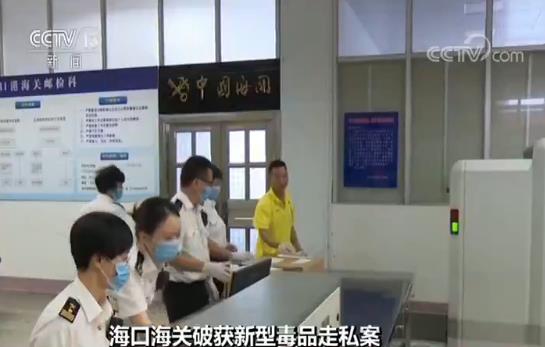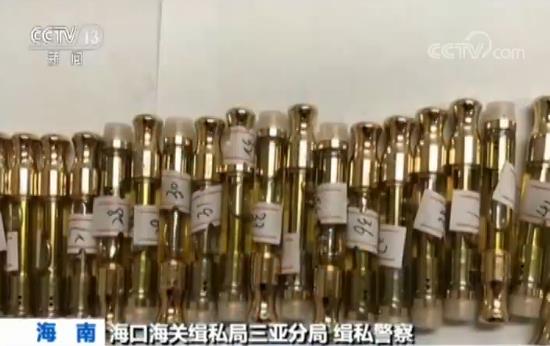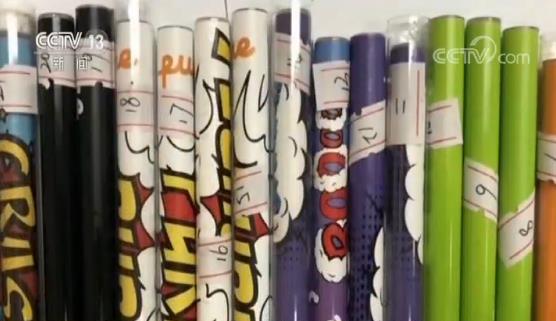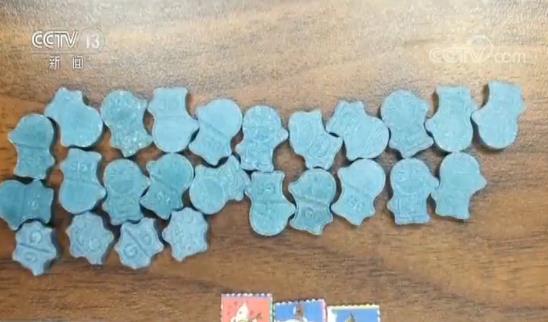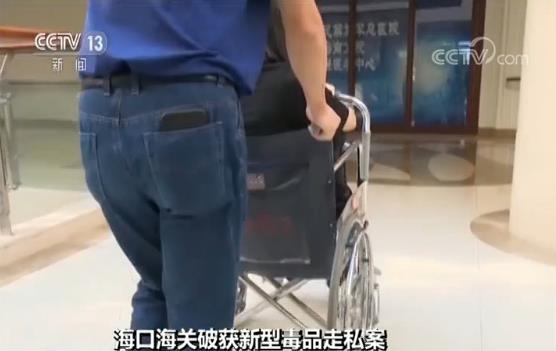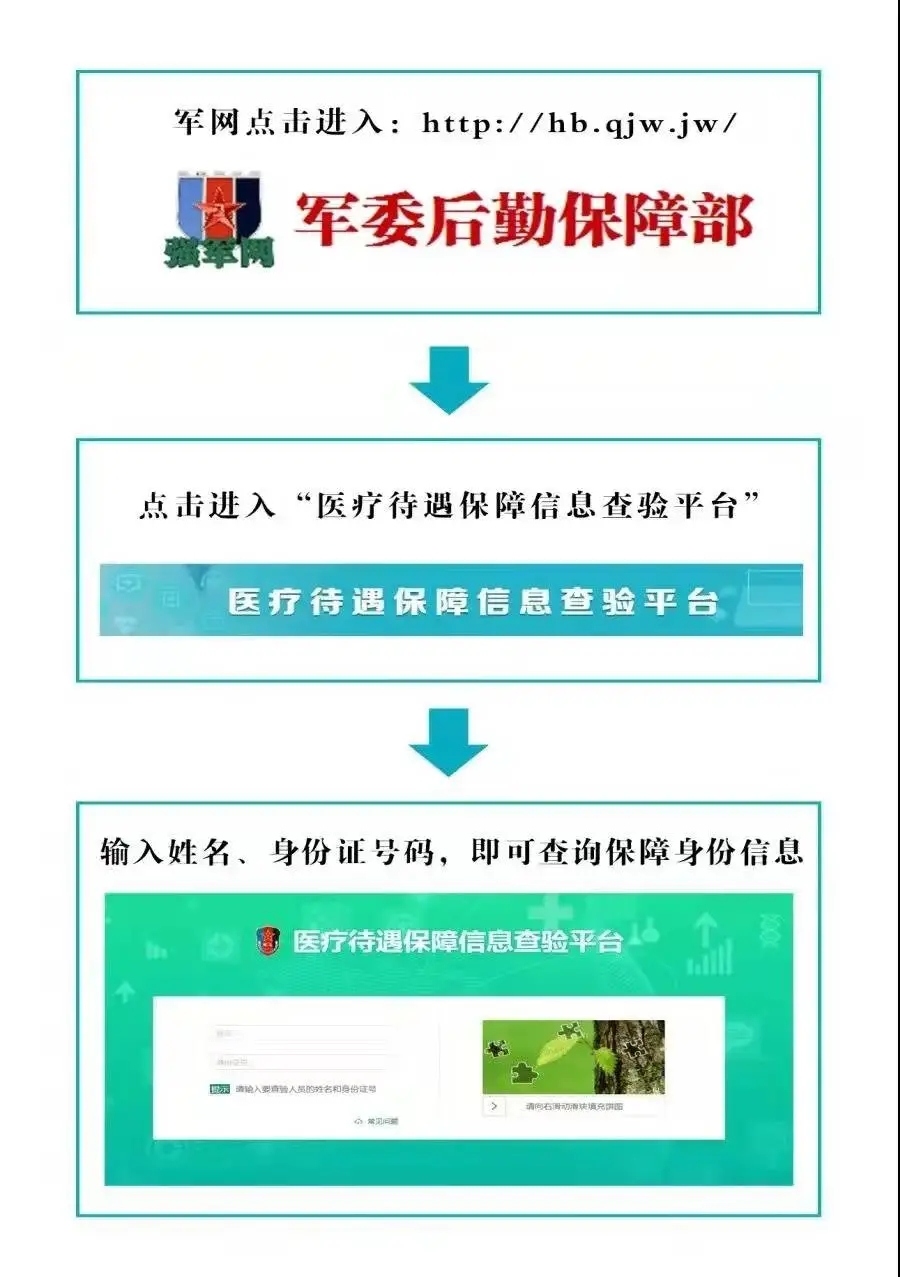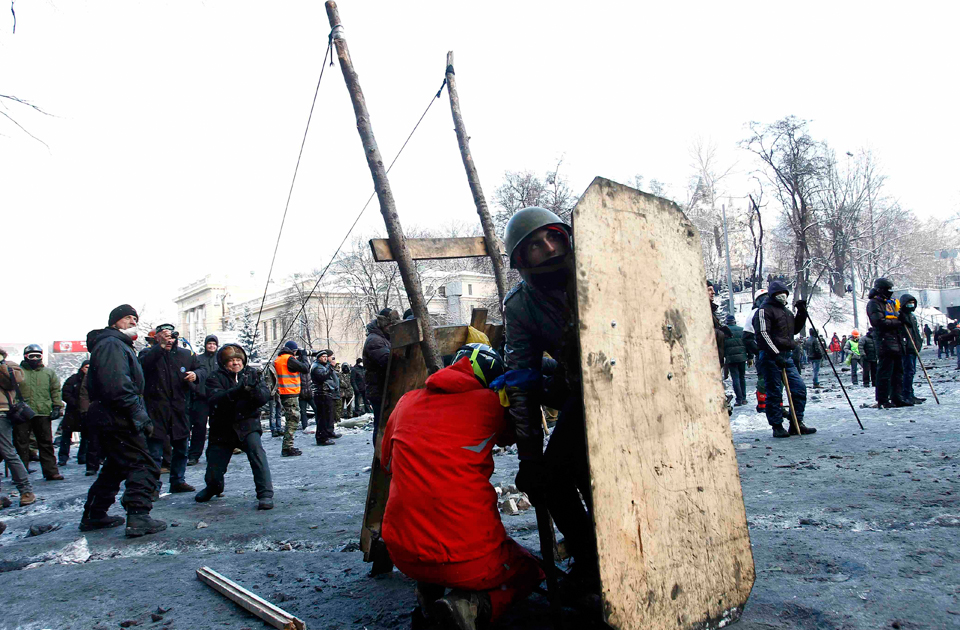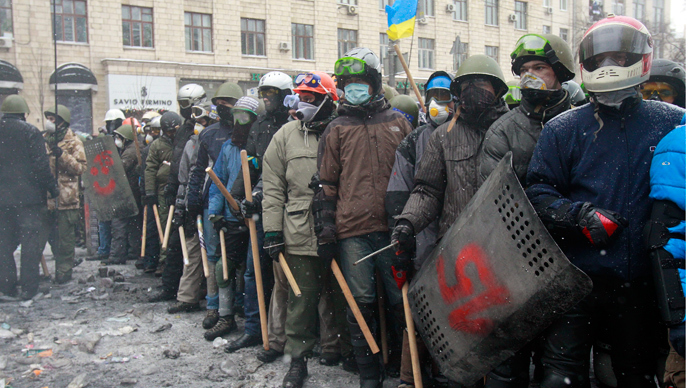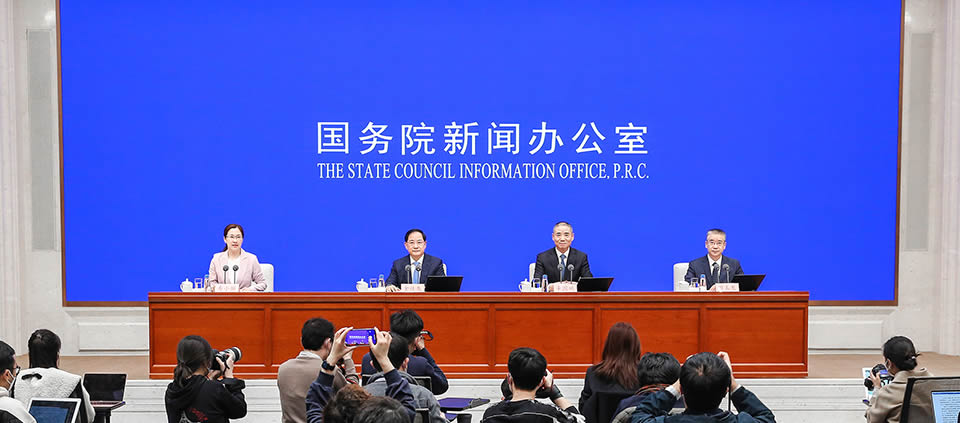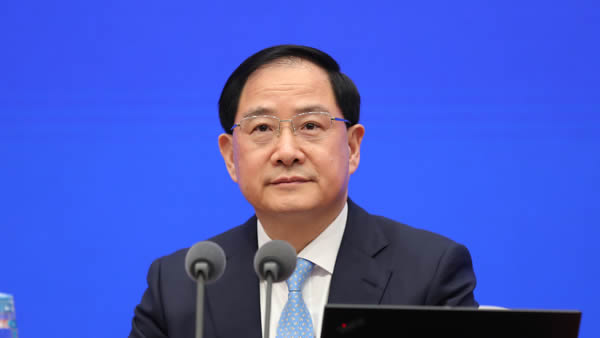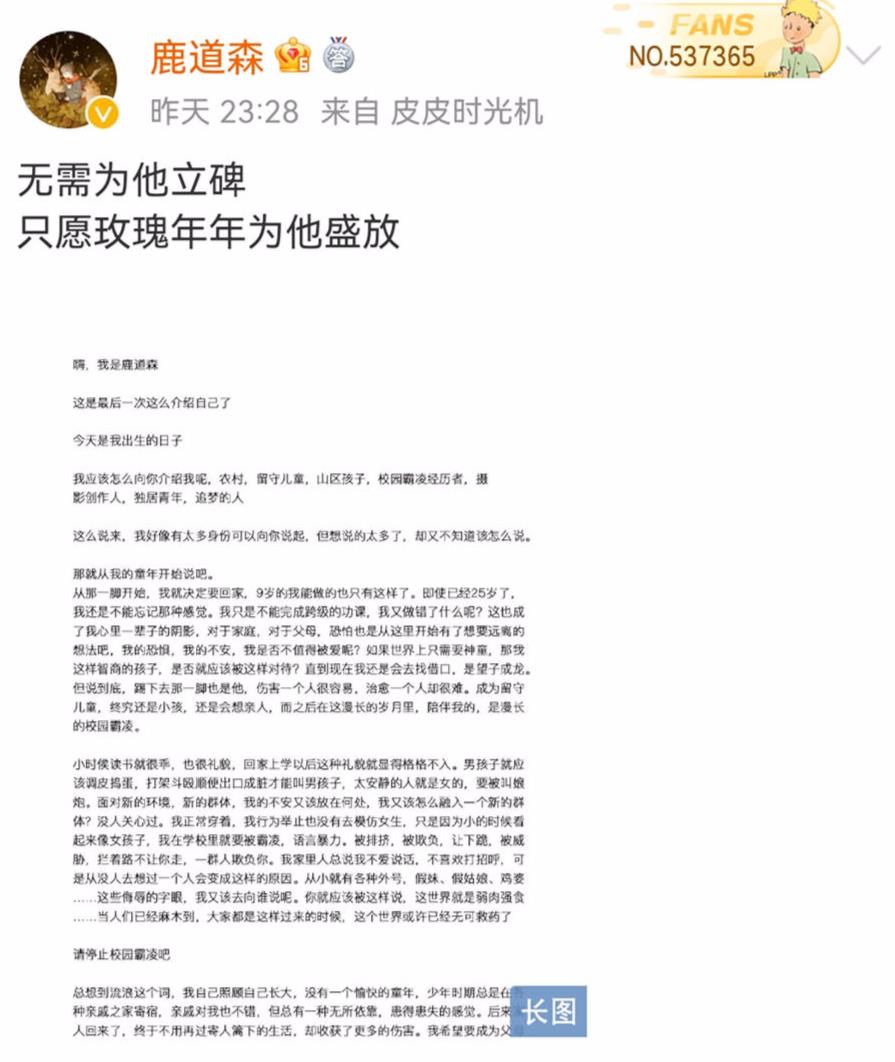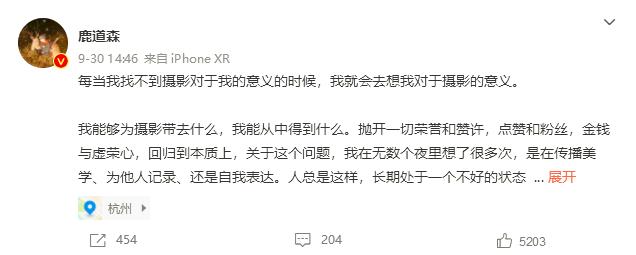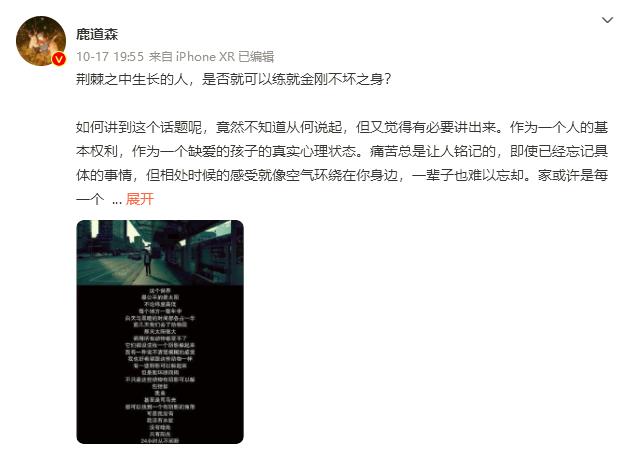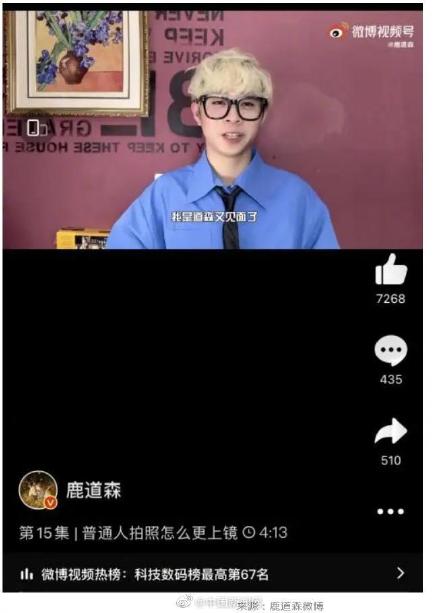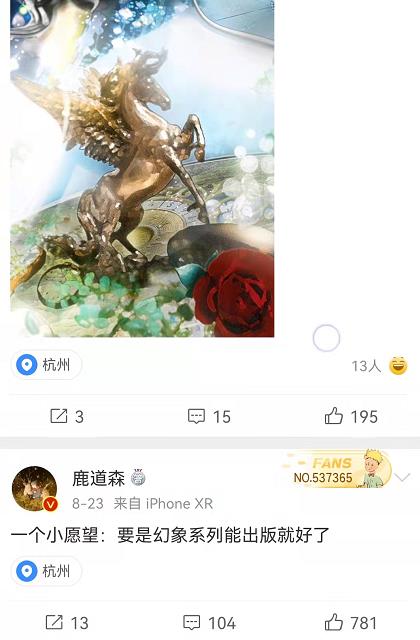Original title: Looking back on the 40 years of reform and opening up, the ups and downs of this Henan star enterprise are thought-provoking!
Source: "Looking at the Think Tank" WeChat official account
This year marks the 40th anniversary of reform and opening-up, and there are countless successful enterprises that have grown up with the economic rise of China in the past 40 years. However, there are still some enterprises, which are either a flash in the pan, or gradually sinking from glory, or struggling to sustain … The list of such enterprises is also very long, covering all walks of life, such as 8848 website, Qin Chi ancient wine, Aiduo VCD, Sanzhu oral liquid, Jianlibao, etc. Are they all particularly familiar?
Therefore, when taking stock of the brilliant achievements of reform and opening up in the past 40 years, it is equally important to review the ups and downs of related enterprises to understand the greatness and profundity of reform and opening up. The glory and setbacks of these enterprises in the past can bring us heavy enlightenment and warning.
Today, Uncle Ku will talk about a company that Ku friends are very familiar with-
On June 29th, 100% shares of Henan Xinfei Electric Appliance Co., Ltd., Henan Xinfei Refrigeration Appliance Co., Ltd. and Henan Xinfei Household Appliances Co., Ltd. were won by Konka for 455 million yuan.Konka’s takeover means that Xinfei will avoid bankruptcy liquidation and be reborn and saved, but it also means that the former Xinfei has quietly ended.
Xinfei has a glorious history, and its market share in China was as high as 20% at one time. Together with Haier, Meiling and Rongsheng, it was called the four kings of refrigerators in China. The advertisement "Xinfei advertisement is not as good as Xinfei refrigerator", which has been popular all over the country, is even more impressive.

However, why did Xinfei quietly end?
There is nothing wrong with the times, but if you can’t keep up with the times, you can only be eliminated.
Wen Chen is a special macro observer of Lookout Think Tank and a member of the Society of Science, Technology and Strategy.
one
It’s not just Zhang Ruimin who smashed the refrigerator.
In the 1980s and 1990s, China was transforming into a market economy, and many household appliances enterprises were often transformed from local wireless power plants. They introduced production lines and introduced household appliances such as color TVs, refrigerators and washing machines to the national market.
The predecessor of Xinfei is Xinxiang Radio Equipment Factory. Because of its similar background, similar products and fierce competition with many home appliance enterprises. Whoever can adapt to the market economy quickly will win quickly, and Xinfei is one of the most famous winners. The outstanding enterprises in this period often have a heroic leader, and the hero of the new flight is the old factory director Bingyin Liu.

What is still talked about in Haier’s history is that at the end of 1985, Zhang Ruimin personally smashed 76 problem refrigerators with a latte hammer, and that "Haier sledgehammer" was also collected as a national cultural relic by the National Museum of China.
Xinfei, who is proud of domestic household appliances, also staged a scene where the factory director Bingyin Liu angrily smashed the faulty refrigerator, which also smashed a famous brand made in China that year.
In 1990, Bingyin Liu, who returned from several months of investigation abroad, found that the products in the warehouse were piled up and could not be sold. Only when asked did he know that there was something wrong with the quality of the products. There were more than 400 refrigerators with inferior quality in the warehouse.
On May 20, 1990, at the scene of the order meeting of Xinfei refrigerator, Bingyin Liu voiced passionately: "These are all unqualified products produced by our factory. If we sell such refrigerators to users, it will be a shame for our Xinfei people! Must be completely destroyed! "
More than 400 inferior refrigerators were all destroyed after Bingyin Liu lifted the hammer and smashed the first hammer. At the same time, Bingyin Liu also removed the deputy director in charge of quality, stopped production for one month, reduced the salary of managers by 30%, and carried out quality rectification for all employees..

According to some people’s recollections, in the early 1990s, the price of pork was almost the same as that of 2.5 yuan, rice was about 50 cents a catty, and the monthly salary of employees was about 150-300 yuan. Color TV sets, washing machines, refrigerators and air conditioners were called "four big pieces", each of which was valuable, and one of them was considered a rich man. Factory director Liu smashed 400 refrigerators in a rage, and we seemed to see the determination in his eyes at the moment he swung the hammer.

In the historical period of the transition from planned economy to market economy, product quality is indeed the focus of consumers and markets. From the very beginning, Xinfei has been very effective in rectifying the quality of refrigerators, which distinguishes it from a large number of general enterprises and lays the foundation for its rise.
In addition, from the present point of view, it is also a very clever marketing method for Director Liu to smash the refrigerator. Haier, the inventor, benefited the most, and Xinfei’s imitation was also very successful.
Since then, the advertising marketing of Xinfei has become more and more convenient, which has become another key factor in its rise. Xinfei is willing to spend a lot of money on advertising crazily, and fortunately, it has found the best advertising word that can compete for ten years. In the 1990s, all the advertisements of Xinfei were in the north, and the main market was stronger. Xinfei became a national famous brand in one fell swoop, with its popularity soaring and orders soaring. It was really effective to make great efforts to engage in marketing.
2
"Extensive marketing" has finally encountered problems.
Until the beginning of the 21st century, "paying close attention to quality and marketing" was the magic weapon for the success of many China enterprises, including Xinfei.
Moreover, many entrepreneurs find that quality is more important than marketing-as long as the quality is not too outrageous, consumers are actually not so sensitive.
At that time, there were not many consumers who looked at quality statistics, and the quality of products could be deeply rooted in consumers’ hearts through marketing.
What’s even more outrageous is that products like health care products can continue to be marketed for many years as long as they don’t go wrong. Even if there is a quality problem, the brand will collapse. However, if the core competitiveness of "marketing" is still there, it is not a problem to continue to push the products to the market by changing brands.

For a time, marketing became the hottest concept in the market economy.
However, with the growing economic scale and mature market in China, "extensive marketing" has finally encountered problems. This is not the extent to which consumers have discovered the truth, but the differentiation of enterprises.
How did the enterprise differentiate?
To be precise, some entrepreneurs have found that the technical level has gradually become a decisive factor in the differentiation of enterprises in the industry. In the market competition, marketing is of course important, but everyone later played marketing very smoothly. What should we spell next?
Of course, it is technology. Only when the technical level comes up can marketing be done well and can it be done well. The technical level is not good, and consumers can only be deceived by various tricks.
Consumers may be confused about concepts such as nano-refrigerator, nano-washing machine and nano-water dispenser for a while, but if they listen more and don’t see substantial results, they will gradually become intolerant, which is not a long-term solution after all.
The most important thing is that the development of technology is characterized by increasing benefits, which is completely different from advertising marketing. Even if marketing falls behind for a while, finding a good idea next time can pull back the game. But technology is, after all, playing hardball. If you lag behind one step, you may fall behind step by step. If you don’t catch up, the gap will widen. Let consumers clearly feel the advantages and disadvantages of products, so as to put your enterprise in a different grade from other enterprises, which is a big deal.
In this case, can you survive by fighting price wars?
Enterprises with different technical levels can’t even fight price wars. Good enterprises have high-grade products and high profit margins, and have enough funds to improve employee welfare, expand the market and further increase investment in research and development. However, if the enterprise’s products become low-grade, they can only retreat to the market segments and survive by the so-called "high quality and low price". This is still the case that the quality is acceptable, and the poor quality will be directly kicked out of the market.
Needless to say, high-tech enterprises sometimes launch "dimension reduction attacks"-the prices of high-end products selling low-end products directly crush competitors.
In other words, it is very difficult for enterprises with poor technology to resist in the market economy, and there is no feasible way to get rid of the predicament, and no matter how good marketing guru is, it can’t change technology.
three
This is how Xinfei collapsed!
The former "marketing king" Xinfei collapsed in the technical competition.

After the death of Bingyin Liu, a meritorious old factory director, due to illness in 2001, the enterprise lost its powerful leader. 2002 was the zenith of the glory of Xinfei, and its market share in that year was as high as 18.88%. In 2005, under the planning of the local government, Xinfei introduced the foreign major shareholder-Hong Long Asia of Singapore, holding 90%.
Perhaps the introduction of foreign shareholders has good intentions such as obtaining development funds, introducing advanced technology and management experience, but this action was not successful in hindsight. Even the major foreign shareholders complained that they did not make any money and repeatedly invested money to fill the hole.
Why did things come to this?
Hong Long Asia is a real estate, tourism and financial company with no technical background and lack of experience in manufacturing production management. Such a large shareholder will undoubtedly be of no help to the technological development of Xinfei.
Xinfei has mainly produced several products such as refrigerators and freezers for many years. Although the quality is above the market average, it is becoming more and more inadequate, and domestic competitors have also taken the opportunity to launch several waves of offensives:
The first is to engage in the concept of "full series". Refrigerators, freezers, washing machines, all kinds of household appliances are made, and various small household appliances are also introduced, and various products are promoted to enrich the brand concept;
Second, a variety of trendy designs have been introduced for refrigerators, freezers and other products to cater to the tastes of young people.
These actions need the cooperation of technology, research and development should keep up and respond quickly to the market. Xinfei still clung to the old concept at that time and was finally abandoned by the market-
In 2012, Xinfei, whose market share was shrinking, stopped production due to the first crisis, and resumed production after the local government negotiated with major shareholders.
In 2013, Xinfei stopped production again;
In November 2017, production was stopped for the third time;
Originally, it was reported that Xinfei would resume production in February 2018, but the parties still lost patience. The major shareholder may feel that it is really hopeless, and he is unwilling to continue to invest money and decide to stop loss, so he flew to the "bankruptcy reorganization" step.
The sinking of Xinfei is in line with the logic of market economy. Marketing alone, even if the quality is passable, will eventually lose to opponents who pay more attention to technology.
In contrast, Gree, which is in the same industry, once faced the situation of being acquired by foreign capital. However, the enterprise resisted the pressure and refused to take shares, insisted on independent development, and made continuous technological breakthroughs, eventually becoming a phenomenal enterprise.
four
Technology is king, which is ubiquitous in all walks of life.
The phenomenon that "technical level is the decisive factor of enterprise differentiation" not only appears in the home appliance industry, but also exists in all walks of life. Take the security industry as an example, as many as hundreds of enterprises are also rapidly divided.
Unlike the home appliance industry, which was close to saturation many years ago, the security industry has been in a state of high growth, and the market scale can increase tenfold in seven or eight years. But even in such a fast-growing market, most enterprises are still quietly sinking, and the market is quickly concentrated in several major enterprises. Among them, Zhejiang Yushi, a typical enterprise, is worth mentioning.

Yushi is a security camera company, ranking third in the field of video surveillance, not an industry giant. The top two are Hikvision and Dahua, which are more widely known A-share listed companies in the industry. They are the giants and remain the top two in the world video surveillance field.
In the global security industry, China enterprises have formed a considerable camp, and have surpassed international companies in the field of video surveillance.
In 2017, Yushi’s revenue was 3.1 billion, which was 10 times higher than the 300 million when it was established in 2011. This growth rate is already extremely fast, but compared with the first two giants, it is actually nothing-Dahua’s revenue in 2017 was 18.8 billion, which is already on the order of billions, and Haikang has reached 42 billion, developing towards 100 billion.
In the words of the veteran of Yushi Company, the marketing of Yushi was really not so good at the beginning, so many opportunities were missed, otherwise it would not be on this scale.
In particular, it is undeniable that the role of marketing in the market economy is very critical. However, it was only in 2011 that Yushi was separated from Huawei’s 3com joint venture company to do video surveillance. More than 500 people are basically engaged in technology, and it is said that only 8 people are engaged in marketing. There is no problem for such a group of people to do technology, and it is temperamental to do marketing.
Then, how did such a company, which is not very good at marketing, achieve this scale and stand side by side with two world-class giants?
Because Yushi has one advantage: it has enough technology to keep up with the development of security market technology, and some technologies even lead the industry.
About 10 years ago, when the industry demand broke out, all kinds of companies could grow. Many camera companies, system integrators and algorithm software companies have formed an industrial chain, undertaking projects all over China, each occupying a certain market share. In this pattern, Yushi is not prominent.
However, after several years of development, Hikvision and Dahua have gradually formed a "duopoly" pattern, which has greatly oppressed the whole industry. More and more projects are either taken away directly by Hikvision and Dahua, or integrators are forced to abandon their own research and purchase Hikvision and Dahua’s systems instead. The market generally feels that Hikvision’s technical strength is better than Dahua’s, but Dahua also has the ability to successfully replicate a new product three or four months after its launch and keep up with the market in time, thus occupying a certain market share.
Enterprises with insufficient technical strength and scale are hard to compete with the two, so they are forced to enter some sub-sectors or simply go overseas to find opportunities. At the beginning, some enterprises with the same scale and reputation as the two failed obviously in the competition, and as many as 500 system integration enterprises disappeared in a large area.
Just as Hikvision and Dahua were sweeping the industry by virtue of their technical and marketing advantages, Yushi found a feeling in this big pattern, and achieved a growth multiple not inferior to that of "duopoly" and became the third in the industry. This is no small miracle, and the root cause lies in Yushi’s slightly wonderful technical genes.
All the employees of Yushi seem to be doing technology, and they can’t see who is in charge of marketing. Many business partners and downstream users of Yushi are also "die-hard" and recognize this technical style.
Even, Yushi’s "technical temperament" is better than Dahua’s, and there are some market-leading technical skills in storage systems and other fields. Although there are still some gaps in scale with Hikvision and Dahua, the latter two are very recognized for Yushi’s technology.
Therefore, whether an enterprise rises or falls, in the final analysis, technology has the final say, especially after 2010, the technical level is becoming more and more important to China enterprises. This is not a slogan, it is reflected in every industry.
Take the familiar mobile phone industry as an example. Many mobile phone companies in China have been booming for a while. However, with the unprecedented fierce competition in mobile phone technology innovation, most companies can’t keep up, and their market share has shrunk or even collapsed. Even established companies like Lenovo are struggling.
Huawei, Xiaomi, OPPO and VIVO, which have unique technological innovations, have gradually developed into four major domestic brands.
Previously, people thought that OPPO and VIVO relied on marketing, but after a long time, it was found that marketing was of course very important, but without the support of technological innovation and some unique skills that made people shine, the market would not buy it.

There will be an upper limit to playing with concepts and following the trend, but attaching importance to technological innovation can constantly impact the market. Even if the marketing is not too strong, the masses will naturally feel it over time.
China’s market economy has gone through 30 or 40 years, and the markets of various industries are gradually refined. In the past, the development strategy of "marketing is king" is still very important, and it can be speculated in some industries, but it is not enough to win in the competition in some mature industries.
When "marketing" meets "technology", the shortcomings are exposed. More and more enterprises, because of the lack of technical level, gradually sink into the market or collapse overnight. Consumer awareness is also awakening, abandoning enterprises that rely on marketing and embracing enterprises with independent technology research and development level.

